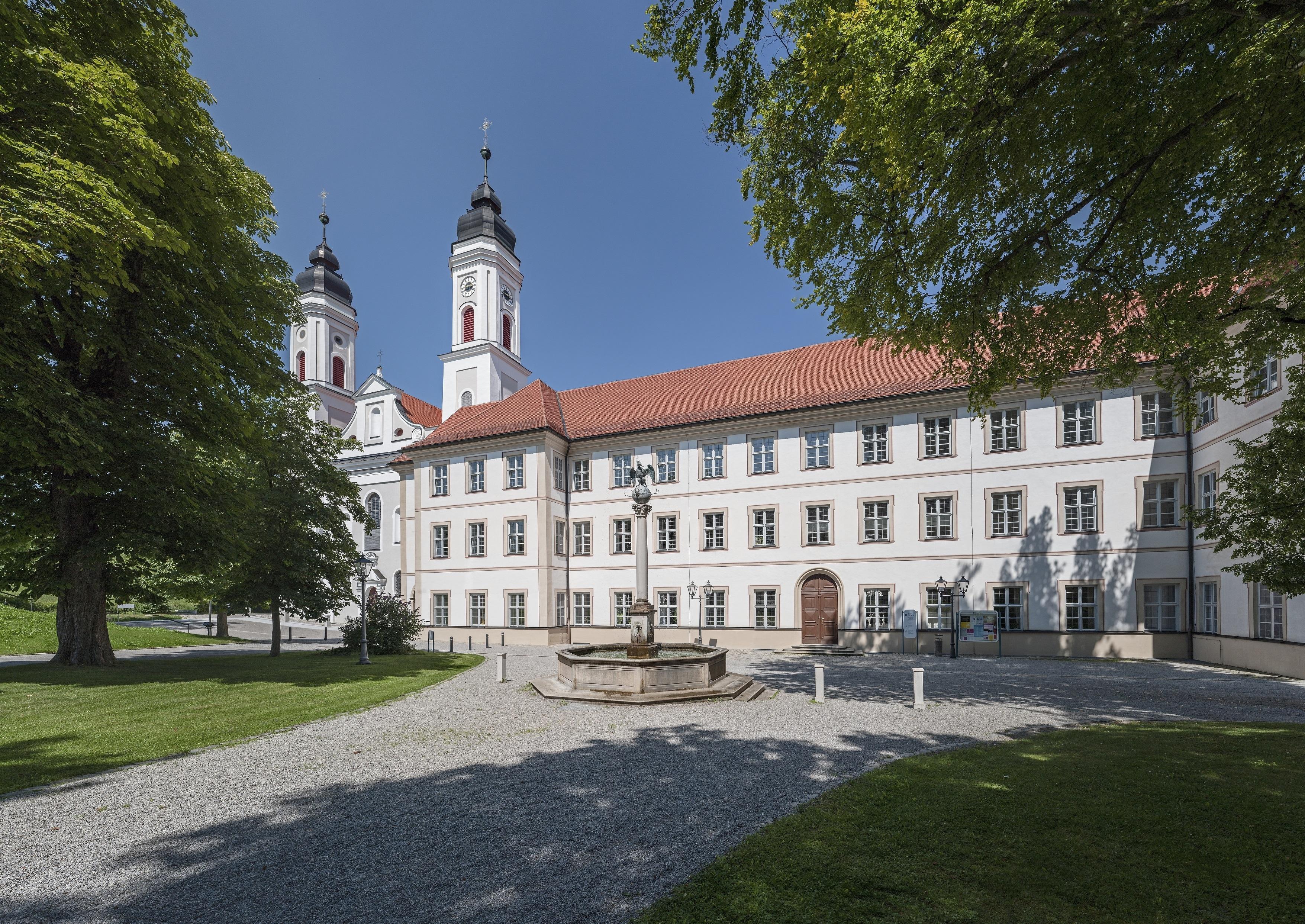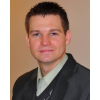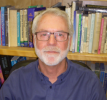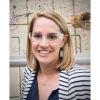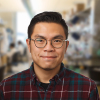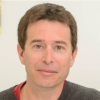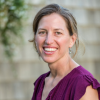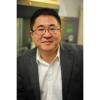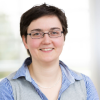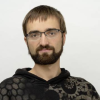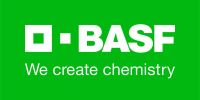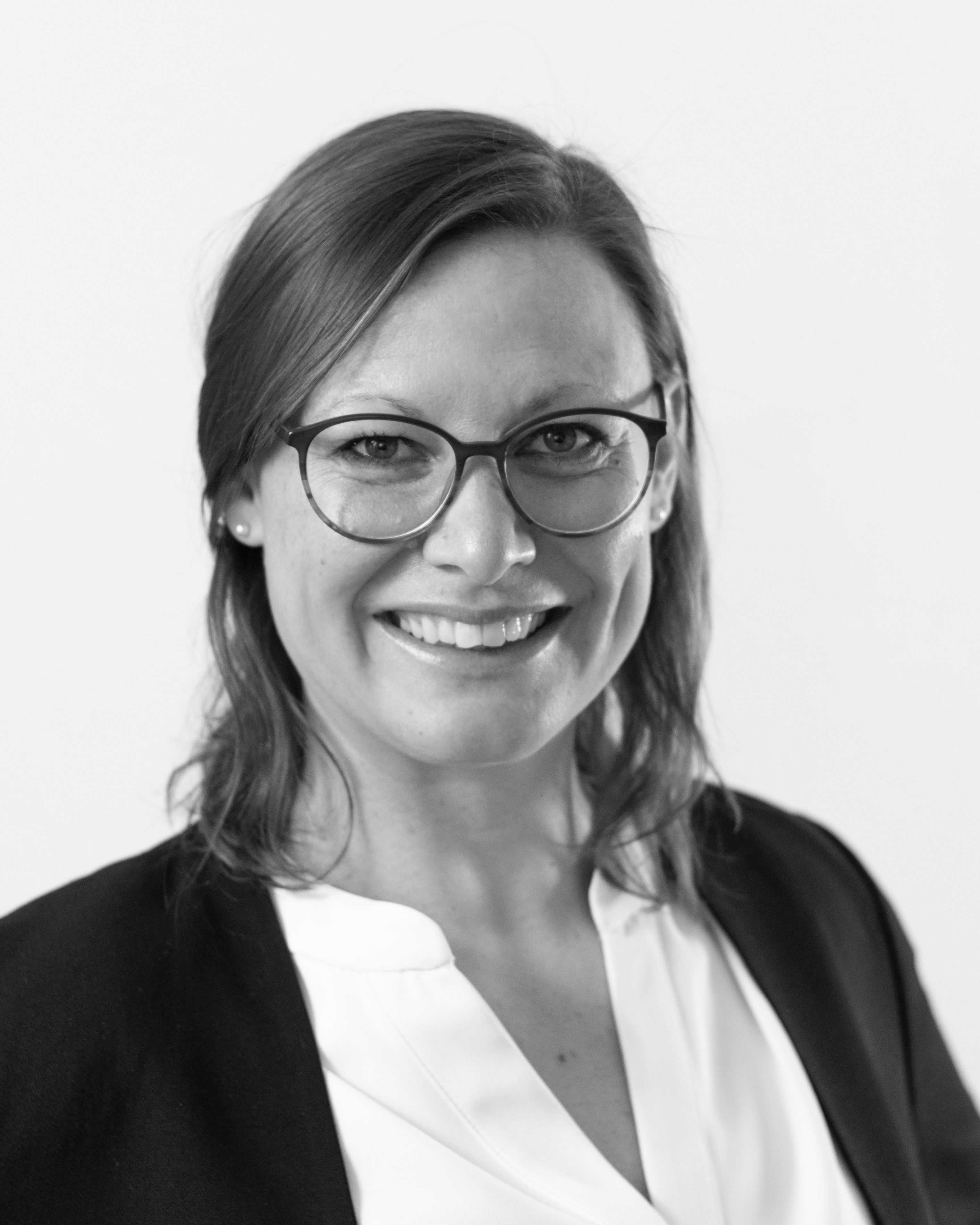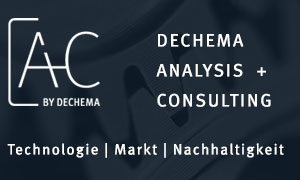Conference programme
In order to engage with speakers and fellow attendees from a worldwide community, the conference is scheduled for the following times:
Wednesday, 24 February 2021, 14.00-19.00h (UTC +01:00)
Thursday, 25 February 2021, 14.00-19.15h (UTC +01:00)
(Central European Time/ UTC+01:00; Amsterdam, Berlin, Bern, Rom, Stockholm, Wien)
"Meet the speakers" session
At the end of the lecture day you will have the possibility to further engage with the speakers during a "Meet the speakers" session. The session will take place in Zoom Meetings, so that you may also use your audio and video. It is not necessary to download the Zoom app, but for the best use we hardly reccommend to do so.
Please note that each meet the speakers session is limited in participant numbers.
Detailed programme
Wednesday, 24 February 2021, 14.00-19.00h (UTC +01:00)
14.00h Welcome and Introduction
14.10h Biocatalytic Strategies for Streamlining Access to Complex Natural Products
Hans Renata I Scripps Research Institute Florida, Jupiter I USA
14.55h Metabolism at the Human-Microbe Interface
Jason M. Crawford I Yale University, West Haven I USA
15.40h -PhD award lecture-
Pseudomonas-Derived Secondary Metabolites in Predator-Prey Interactions
Martin Klapper I Leibniz Institute for Natural Product Research and Infection Biology - Hans Knöll Institute (HKI), Jena I Germany
16.00h Break
16.15h Introduction
16.20h Artificial Intelligence Based Tools to Enhance Natural Products Research
William Gerwick I Scripps Institution of Oceanography, San Diego I USA
17.05h Discovery and Engineering of Plant Natural Products for Plant and Human Health
Elizabeth Sattely I Stanford University & HHMI, Stanford I USA
17.50h Short break
18.00h Meet the speakers
19.00h End of meeting day
Thursday, 25 February 2021, 14.00-19.15h (UTC +01:00)
14.00h Welcome and Introduction
14.10h Antiviral compounds produced by bacteria
Rotem Sorek I Weizmann Institue of Science, Rehovot I Israel
14.55h Natural Product Biosynthesis as Inspiration for Chemistry and Biology
Ben Shen I Scripps Research Institute Florida, Jupiter I USA
15.40h -Young Scientist award lecture-
What symbiotic microbes can teach us about natural product chemistry and ecological complexity – A personal review!
Christine Beemelmanns I Leibniz Institute for Natural Product Research and Infection Biology - Hans Knöll Institute (HKI), Jena I Germany
16.15h Break
16.30h Introduction
16.35h Chemistry and Biology of Fungal Natural Products
Yi Tang I University of California, Los Angeles I USA
17.20h Necessity is the Mother of Invention: Natural Products and the Chemistry they Inspire
Sarah E. Reisman I California Institute of Technology, Pasadena I USA
18.05h Short break
18.15h Meet the speakers
19.15h End of the Symposium
As of 14 January 2021. All times and speakers are subject to change.

